Scientists Reveal Incredible Discovery of the Earth’s Inner Core
For several years, physicists and geophysicists have theorized about the specific attributes of the Earth’s core.
Interestingly, recent research studies have unraveled facts about the Earth’s core, particularly how its massive magnetic field is generated. Now, there is a valid explanation for how the Earth’s molten core and the planet’s magnetic field are related.
Transcontinental Collaboration to the Rescue
This eye-opening discovery was made possible by the collaborative efforts of researchers from the Sichuan and Nanjing Universities in China and the University of Texas.

Source: The University of Texas at Austin
The study has identified the physical properties of the Earth’s core. Previous research revealed that the Earth’s core is solid and, at the same time, soft, which is somewhat contradictory.
How Far Can You Dig Into the Earth?
The deeper you go into the Earth, the higher the atmospheric pressure, as it applies to ocean divers. So, naturally, one would expect the Earth’s core to be caking, solid, and hard. However, geophysical research has revealed otherwise.
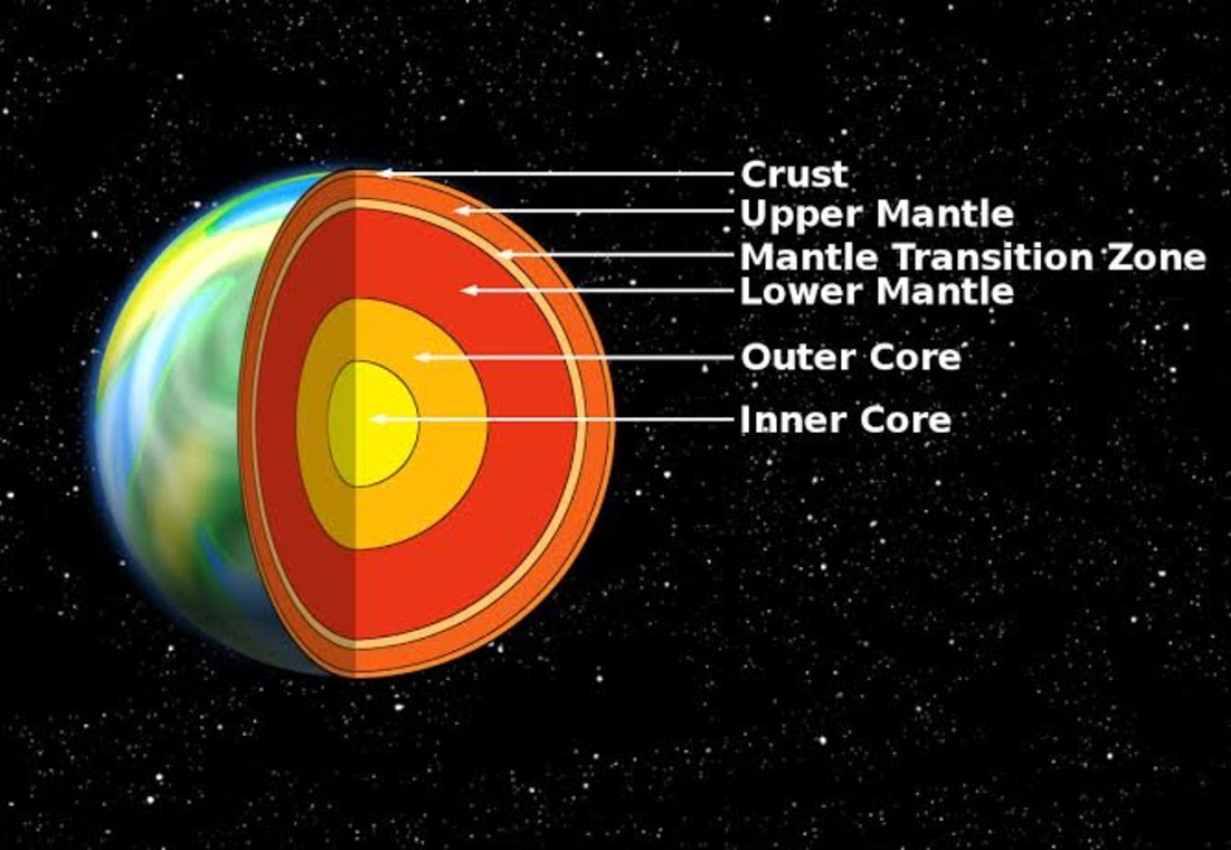
Source: WTAMU
Up until now, no one could explain the reason for this oddity. However, the intellectual jinx has been finally broken.
The Deeper You Go, the Hotter it Gets
The Earth’s core lies about 1,800 miles beneath the Earth’s crust and consists of largely two metals—nickel and iron.
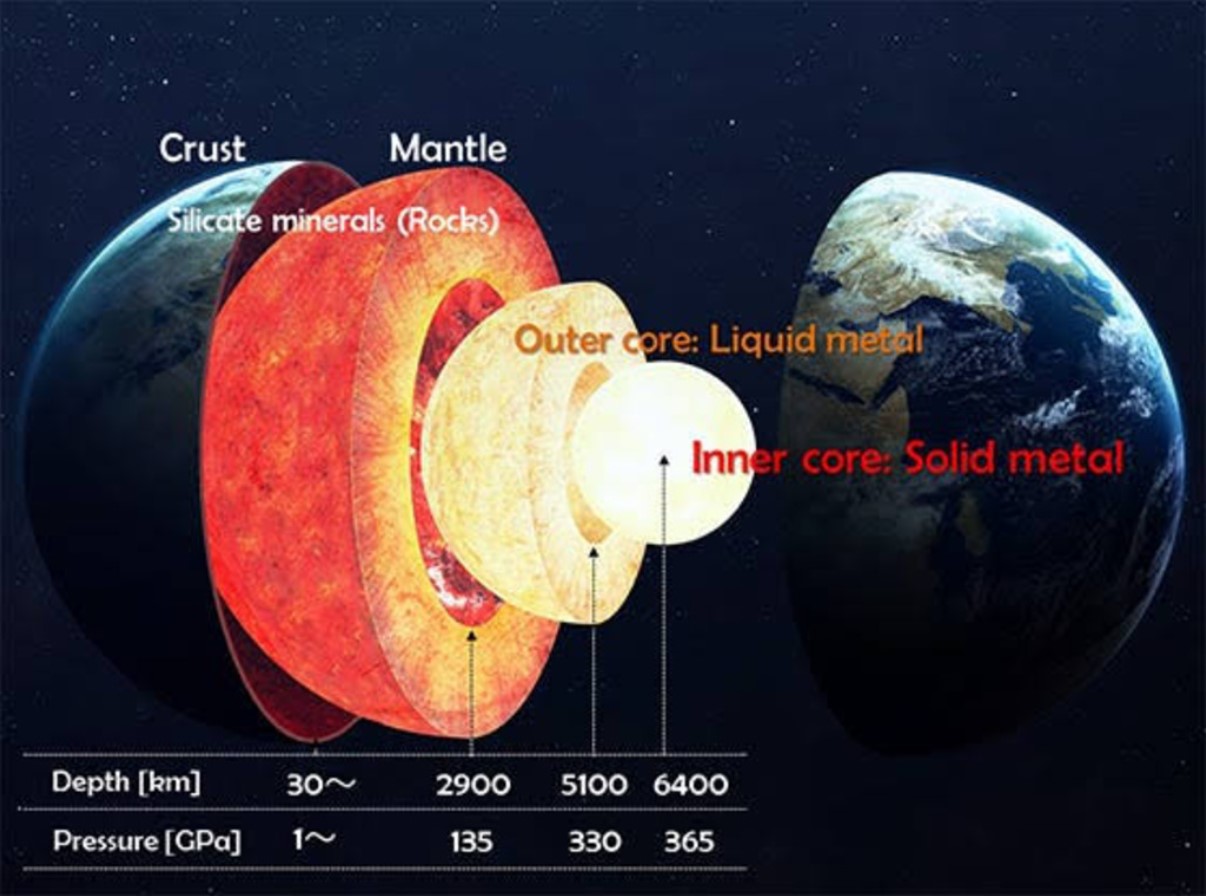
Source: Nakshatra/Medium
Interestingly, courtesy of high temperatures—between 8,000 and 10,800 degrees Fahrenheit—the metallic core exists in two states. There is a solid, dense, spherical, and soft inner core and a molten outer core.
The Biggest Known Magnet to Humanity
Before now, scientists have always believed that the Earth’s magnetic field was generated from the molten layer of the core. They arrived at this conclusion because the iron atoms in the molten layer are free to move around.
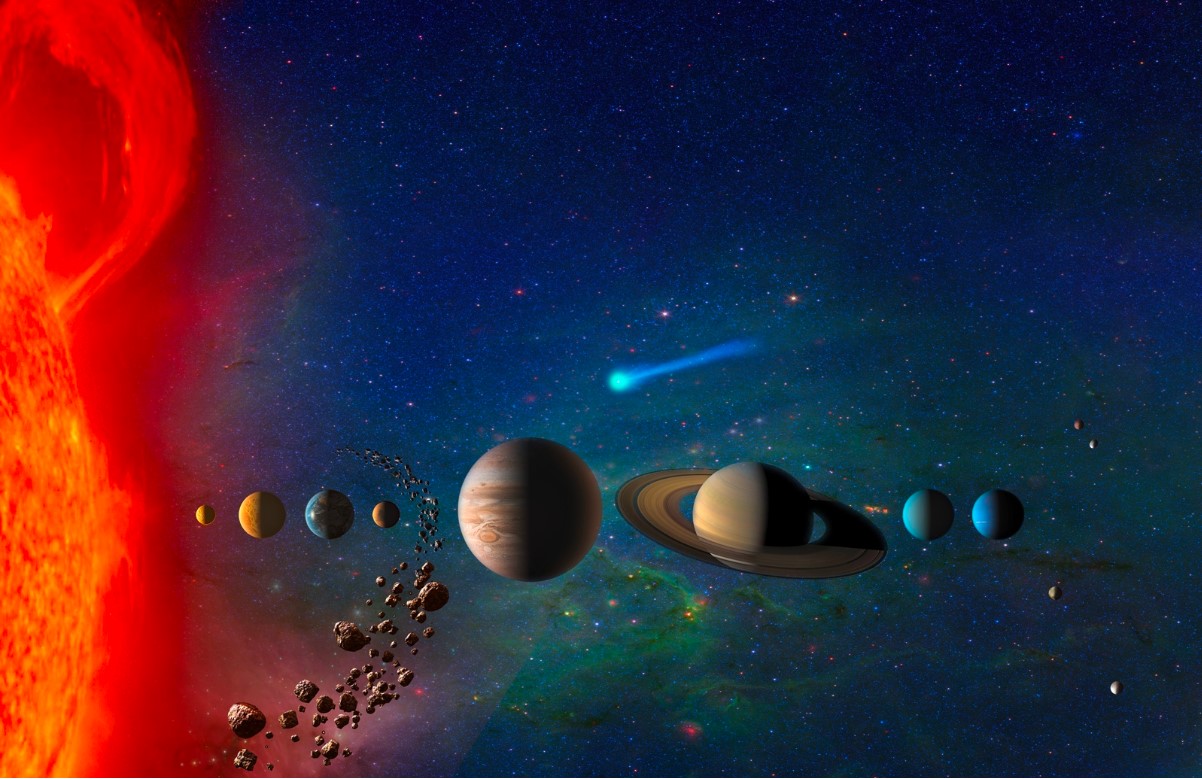
Source: Astro Photons
However, they were unsure if the solid inner core contributed to this magnetic energy in any way. This magnetic force seems to play a role in the cosmological alignment of planets.
Earth's Invisible Shield
Researchers are particularly interested in how the Earth’s magnetic field is generated, because it is one of the major reasons the planet is habitable.
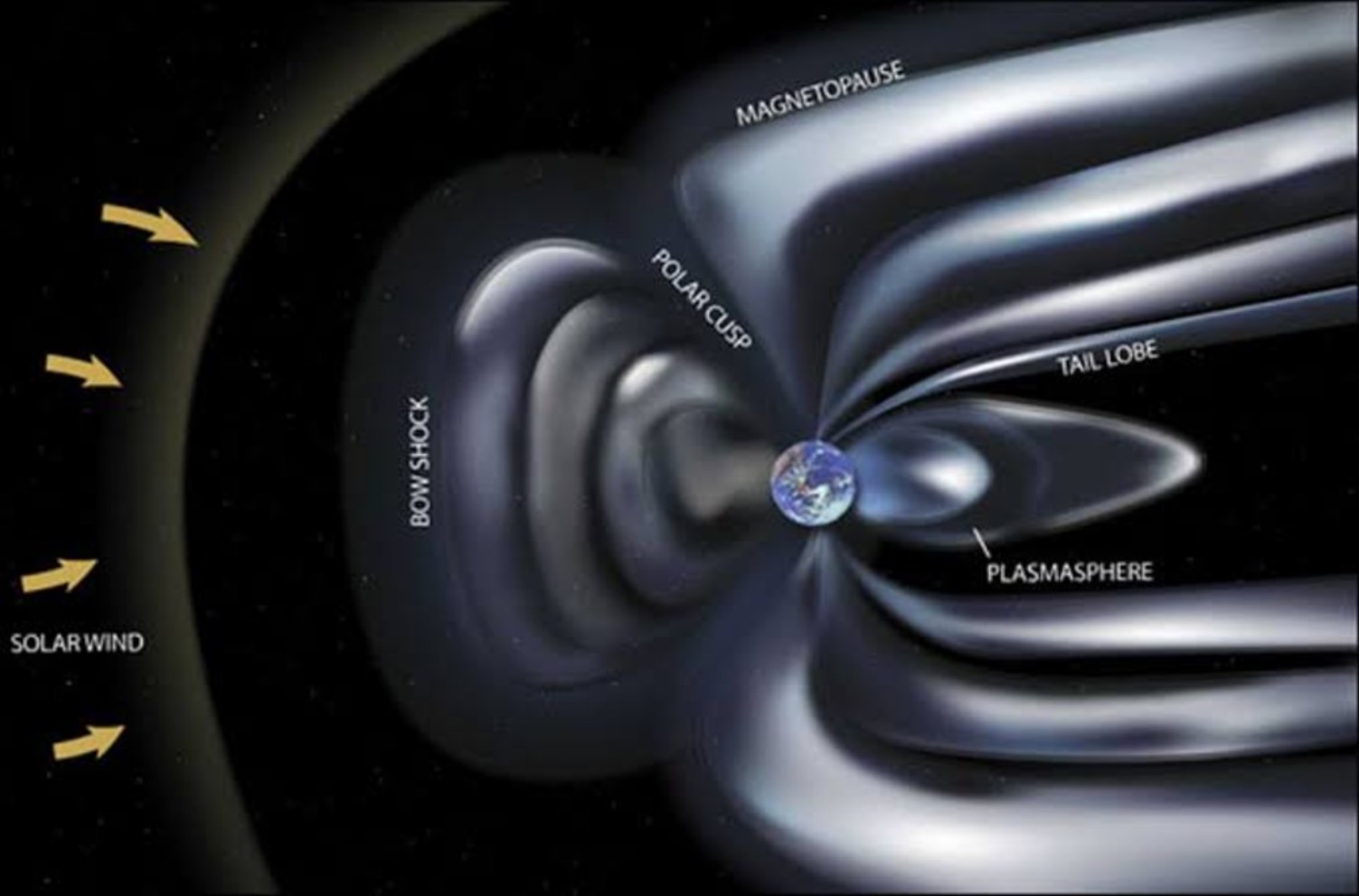
Source: NASA
Without that magnetic shield, solar flares traveling through space will have unrestricted access to the planet’s surface and kill every living thing. Luckily, the Earth’s magnetic field acts as a shield and deflects these flares.
An Earth Without Magnetic Fields
Our navigational compasses are able to function properly because of the Earth’s magnetic field. For a moment, imagine what would happen if the compasses on all global navigation systems suddenly stopped working.

Source: Crunch Science/YouTube
This would be a major issue and cause an inconvenience to billions of people. So, this is why it is important to understand how our planet’s magnetic field is generated.
Recreating Planet Earth
At the University of Texas’ Jackson School of Geophysics, Professor Jung-Fu Lin and his team of researchers designed a model of the Earth’s core in a laboratory.
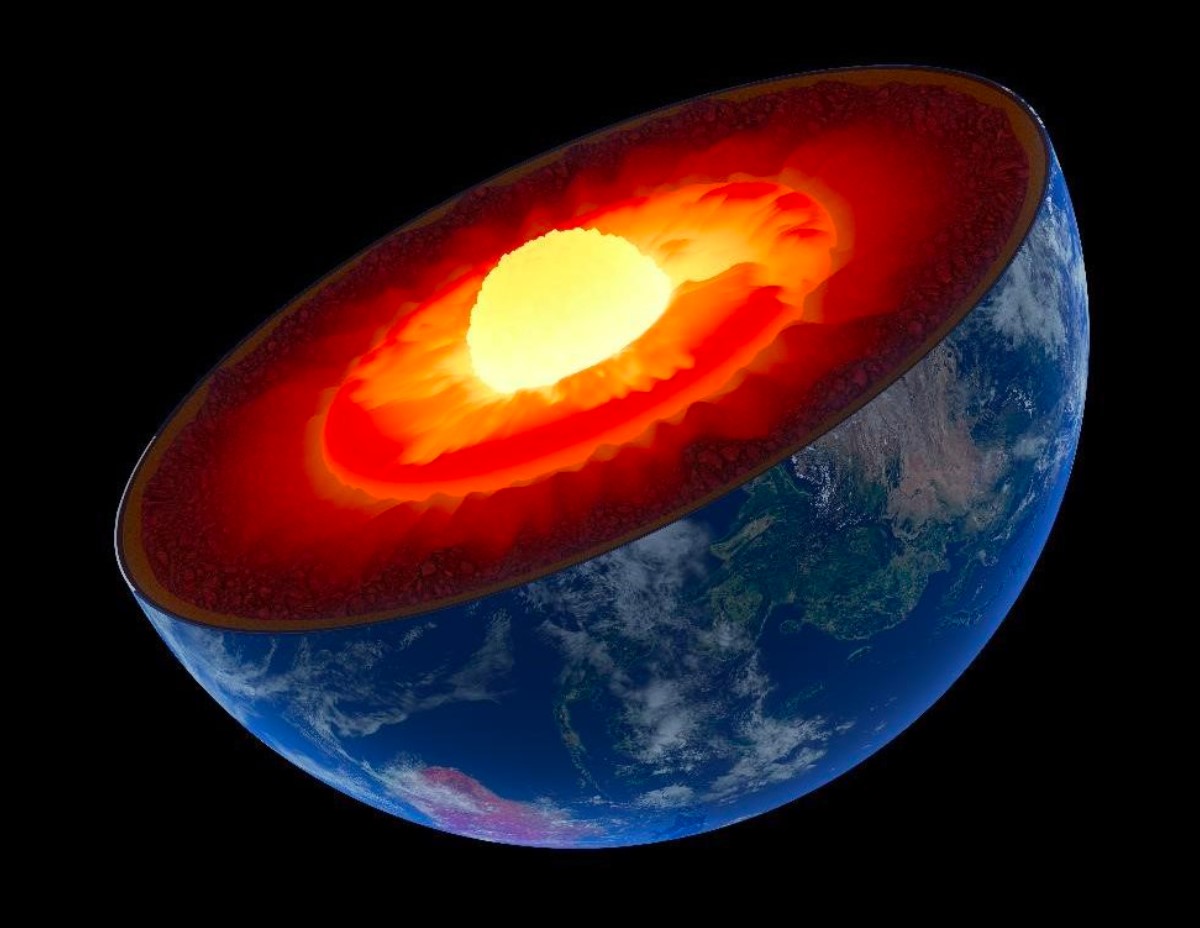
Source: Florida State University News
With the help of this model, the researchers were able to recreate and predict the behavior of metallic atoms in the core. Professor Lin and his team were shocked to discover that contrary to previous beliefs, the iron atoms in the solid core are not stationary.
A Solid With Internal Vibrations
The strange movement of these iron atoms had gone unnoticed before now, because it typically happens in a split second.

Source: Kingbela/Wikimedia Commons
This quick succession of iron atom motion is called “collective motion” in physics. For perspective, a good analogy is the synchronous swapping of partners during a ballroom waltz dance. The same number of dancers remain, but partners are swapped repeatedly.
The 'Why' of Collective Motion
According to Professor Lin, the collective motion of iron atoms in the Earth’s solid core is similar to the behavior of atoms in metals at near-melting point temperatures.

Source: Reliance Foundry
At such temperatures, the metal itself remains solid, but the atoms dash around the lattice structure at very high speed. The collective motion of metallic atoms weakens the bonds between them, making it easier for them to move around and form a liquid.
Fault-Proofing the Results
The researchers knew they could not bank on results from the lab model of the Earth’s metallic core alone.
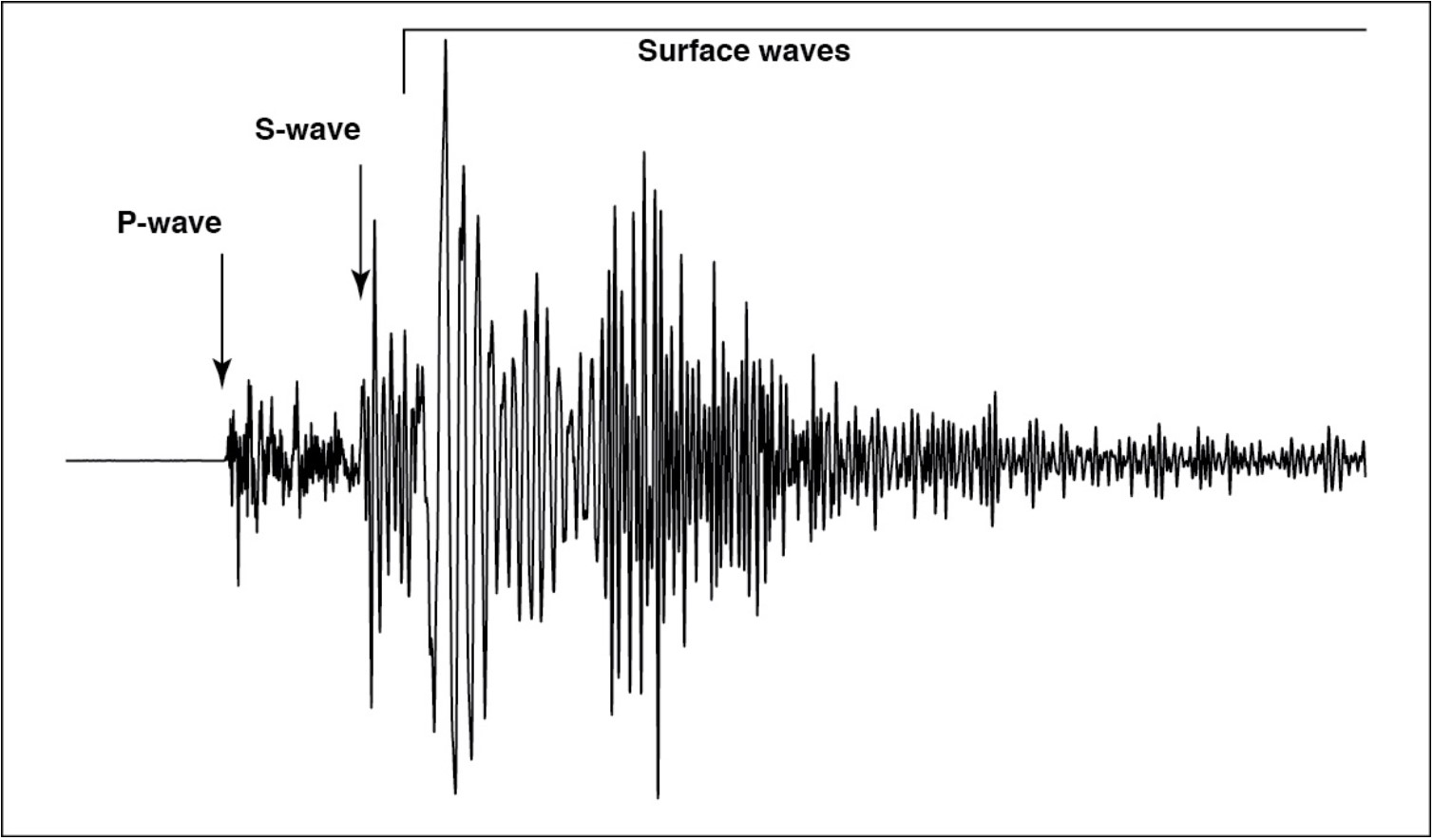
Source: Michigan Technological University
So, using seismic waves, Professor Lin and his team compared the results of studies on the Earth’s core to their lab-generated figures. This helps them to be sure of the occurrence of collective motion of the iron atoms in the Earth’s core.
The Research Will Help Scientists Understand Other Planets
The team has since made the findings of their research public by publishing the results in the PNAS Journal. Now, this knowledge of Earth’s core and magnetic field is no longer a secret.
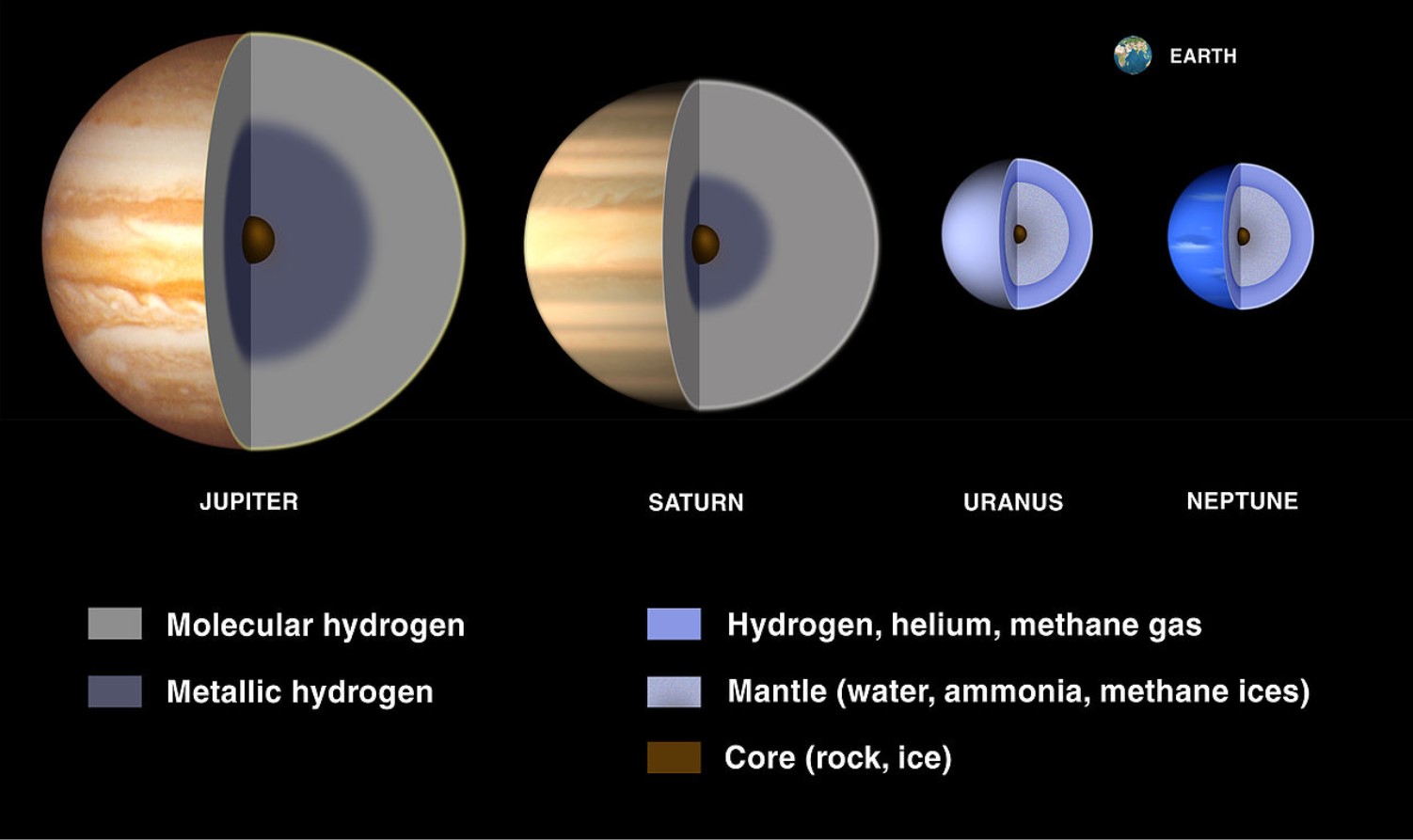
Source: NASA
Interestingly, the research will help astronomers and space researchers understand the physical activities of exoplanets. Most likely, these planets will experience similar collective motion within their cores as well.
